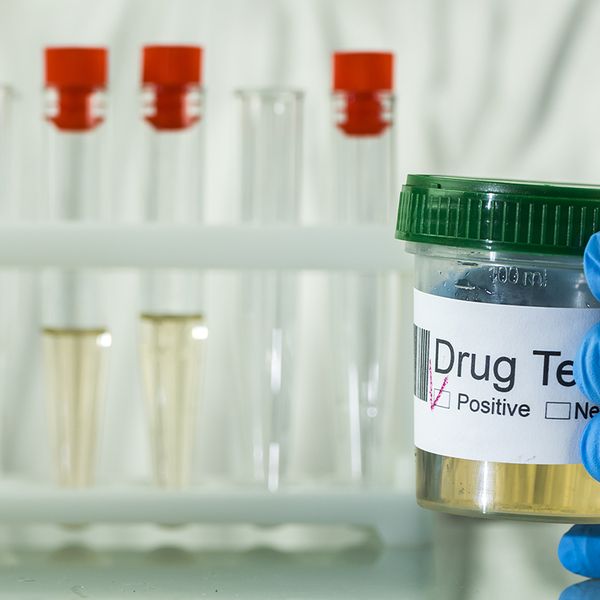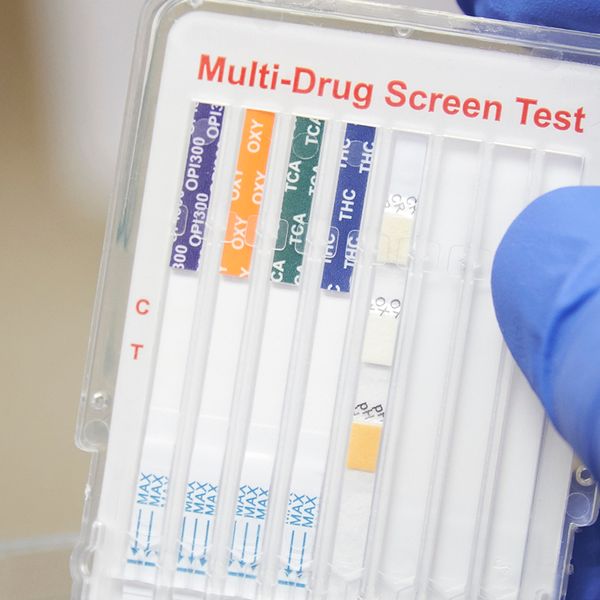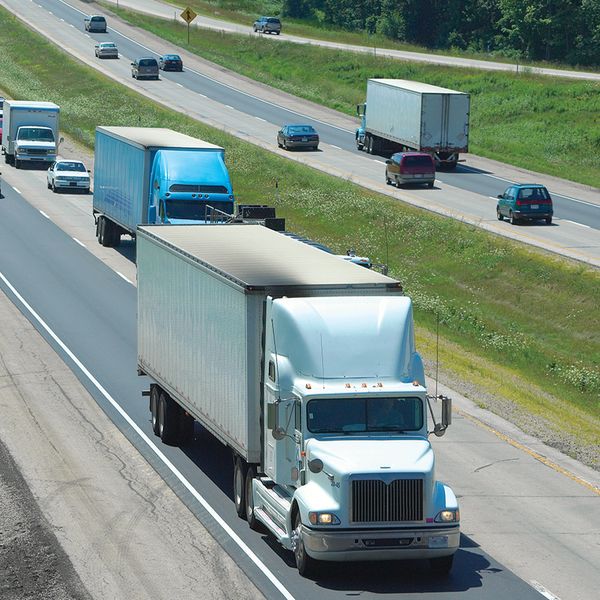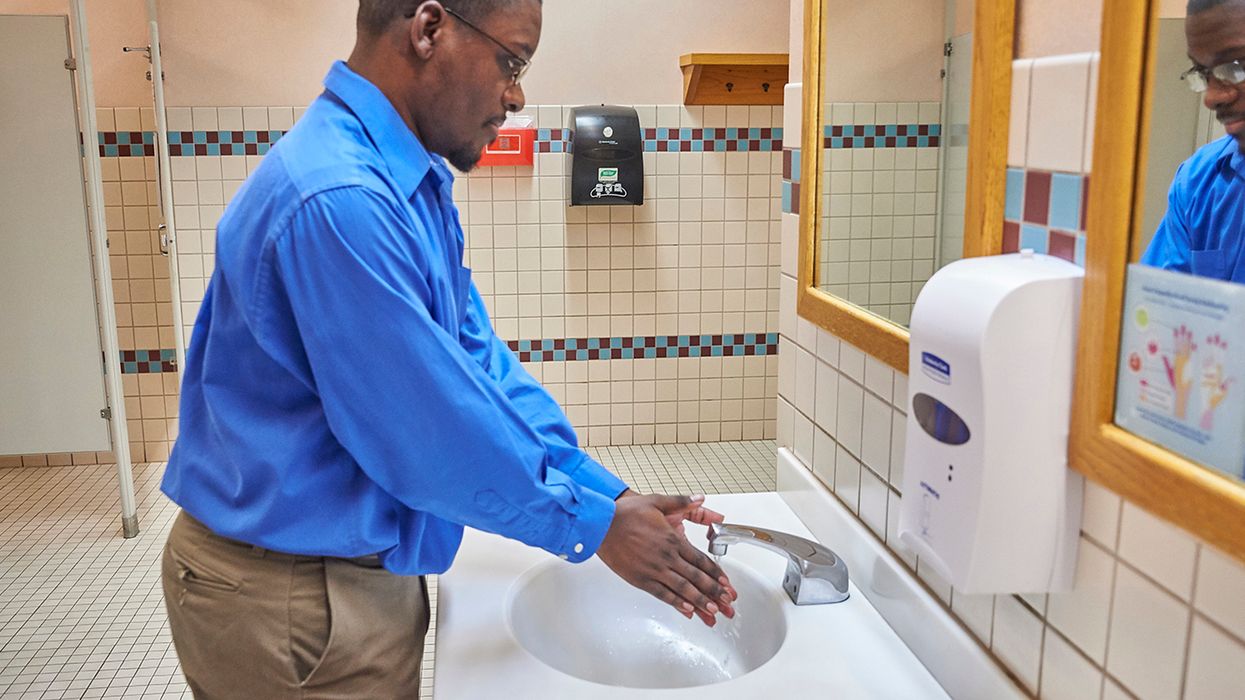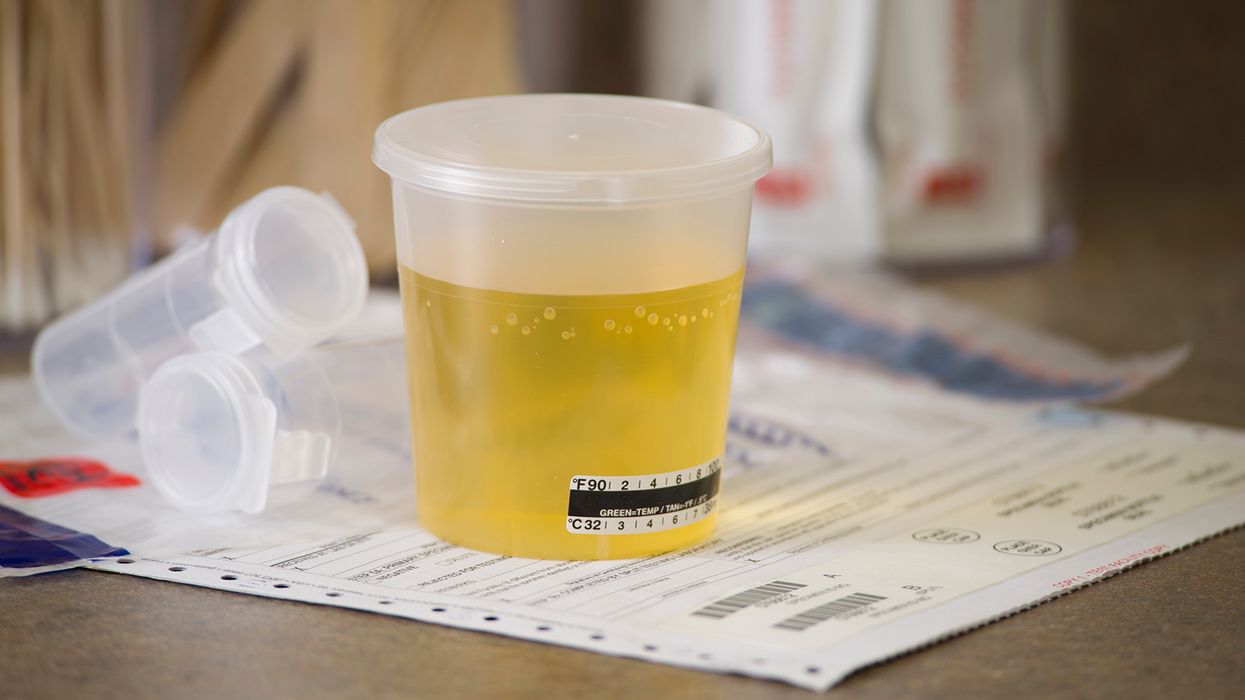Marijuana testing at work — four considerations for employers
Marijuana legality is on the agenda in several state legislatures this year.
Virginia and Minnesota are among the states considering whether to legalize recreational marijuana use, and Wisconsin is among those looking at legalizing it for medical purposes.
In many states, employers have been dealing with the drug’s legalization for years. Marijuana is legal for recreational use in 21 states and the District of Columbia (D.C.), and is legal for medical use in 37 states and D.C.
However, because newer laws are more likely to restrict marijuana testing or require accommodation considerations, the issue of how to handle employee drug use can be perplexing.
When it comes to dealing with the drug in the workplace, there is no one-size-fits-all answer. Employers need to weigh all the factors when determining how to handle marijuana and whether they should test employees for the drug.
Four things to consider with regard to marijuana and the workplace
- Federal laws: Employers in certain safety-sensitive industries, such as the trucking industry, are required to follow federal laws regarding drug testing. Covered employees cannot be allowed to operate a commercial motor vehicle while using marijuana. Employees who are covered by the Federal Motor Carrier Safety Administration (FMCSA) drug and alcohol testing regulations must be tested for marijuana and face consequences when they test positive.
In addition, employers with federal contacts must have a drug-free workplace and need to adhere to any applicable contract clauses. - State laws: While a federal law might require drug testing, a state law might restrict it. Employers in states where marijuana is legal need to be aware of drug testing restrictions for marijuana, if any, that are part of the state law. For example, employers in New York are not generally allowed to test for marijuana. A state medical marijuana law might also require an employer to consider a reasonable accommodation before taking a negative action against an employee with a medical marijuana card who tests positive for the drug. Laws vary by state, so employers need to consider:
— Whether a state where they are conducting a drug test has a medical or recreational marijuana law.
— Whether that state has any restrictions on marijuana testing.
— Whether the law requires employers to consider a reasonable accommodation for medical marijuana use. - Employee job duties: Even when a state does not restrict marijuana drug testing , an employer may wonder whether it is a good idea. Some employers are foregoing pre-employment drug testing for marijuana to widen the pool of job applicants, for example. When it’s up to the employer to determine whether to keep marijuana on the drug testing panel, employers should consider:
— What are the employees’ job duties? Drug testing for marijuana may be warranted, if employees operate heavy machinery, drive a forklift, or work on a roof in another hazardous location.
— Are employees at risk of harming themselves or others if impaired? If so, drug testing may be warranted.
— What are the risks if the employee was not tested for marijuana? The higher the risk of injury, the more important drug testing becomes.
— Does the job site have a history of problems with marijuana abuse? If the use of marijuana has caused problems at a worksite, then employers have a greater reason to test for the drug.
Employers may restrict drug testing to employees with high-risk job duties or to a certain worksite. When they do this, all employees in that position or at the that worksite should be tested, to avoid a discrimination claim. - Manager training: Whether or not an employer is testing for marijuana or other drugs, employers should train managers so they know what to do when drug use is suspected. Supervisors should know:
— What to watch for
— How to document observations
— How to approach an employee, and
— How to determine whether or not a drug test is appropriate in a specific situation.
What can employers do about marijuana in the workplace?
While drug testing for marijuana can be controversial, there are certain things employers in all states can do to support a workplace that is free of drug abuse. In all states, employers can:
- Prohibit employees from using or possessing marijuana in the workplace.
- Prohibit employees from using or possessing marijuana on work time.
- Prohibit employees from being impaired by marijuana at work.
Whether or not an employer can use a drug test to prove impairment will depend on state law, as well as any federal laws that apply to the employer.
Key to remember: Employers should carefully consider federal and state laws, and the job responsibilities of their employees, when determining whether to test for marijuana.





